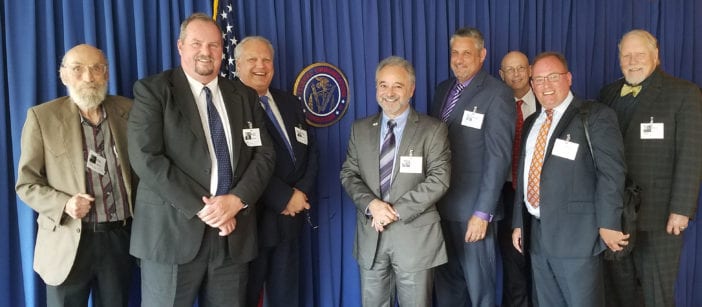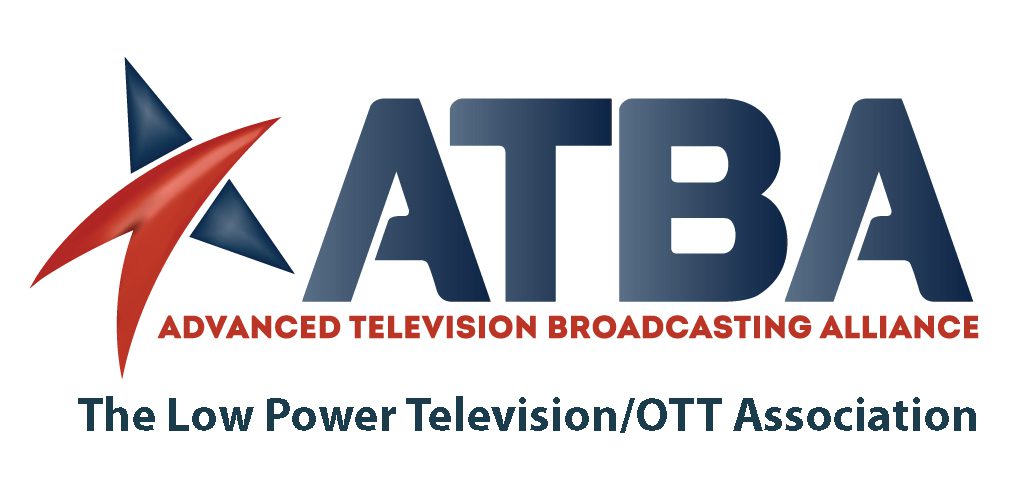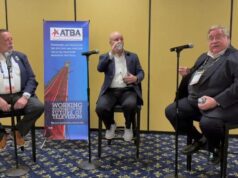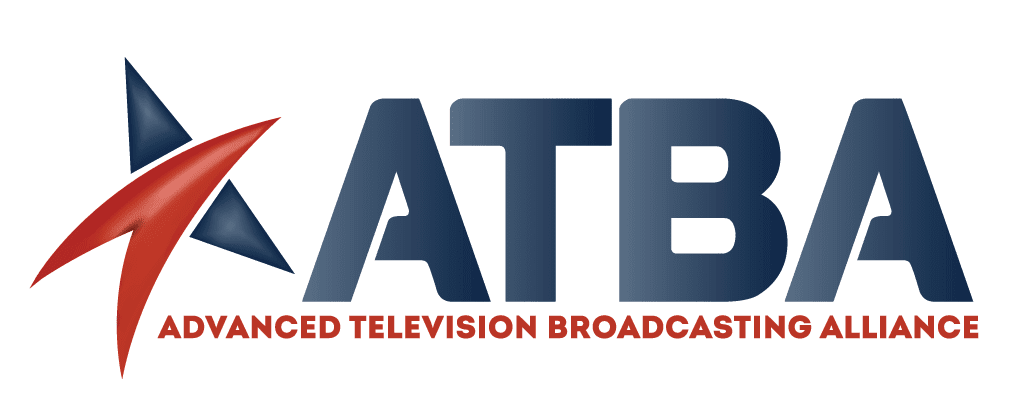 On July 6, 2017, executive and advisory board members and staff of the Advanced Television Broadcast Alliance met with FCC Chairman Ajit Pai and Alison Nemeth, his legal adviser, to discuss the impact of the incentive auction on low power television (“LPTV”) and translator stations and to propose steps the Commission can take to facilitate ongoing LPTV and translator service in the public interest.
On July 6, 2017, executive and advisory board members and staff of the Advanced Television Broadcast Alliance met with FCC Chairman Ajit Pai and Alison Nemeth, his legal adviser, to discuss the impact of the incentive auction on low power television (“LPTV”) and translator stations and to propose steps the Commission can take to facilitate ongoing LPTV and translator service in the public interest.
Those present for the meeting include Robert Folliard, Chairman of ATBA Board; Lee Miller, ATBA Communications Director; Vern Fotheringham, ATBA Advisory Board Member; and ATBA Executive Board members Irwin Podhajser, Byron W. St. Clair, Ph.D., Michael Couzens, Doug Thompson, and Randy Weiss.
In the Ex Parte from that meeting, filed July 10, 2017 with the FCC, ATBA explained the realities facing many LPTV and translator operators, which include displacement, expensive fines, forfeiture of Class A, costs of relocation and updating equipment and services, and the very strong possibility of going dark after operating on their frequency.
“Having survived the gauntlet of the last decade, these same licensees are now on the verge of facing the biggest challenge yet: massive disruption as repacking of the 600 MHz band commences,” the statement reads.
“ATBA members understand that some of the conditions of repacking are beyond the FCC’s control,” the statement reads. “But there are a number of targeted steps the Commission can take that would materially improve the prospects for low power broadcasters through the repacking process.”
In the statement, ATBA asked for the Commission to provide “a path to permanent status for LPTV stations that survive repacking,” the statement reads. “Licensees that manage to navigate through the double jeopardy of the digital transition and repacking should have an opportunity to earn protection from future changes. ATBA supports opening another window in which eligible LPTV stations could seek Class A status as the most sensible path to permanance, but ATBA is open to other similar regulatory classifications that would provide comparable security.”
ATBA also “urged the Commission to quickly approve use of ATSC 3.0 by all licensed television broadcasters,” the statement reads, to help ease the negative impacts of the repack. “First, ATSC 3.0 will allow all broadcasters, including LPTV, to “shape” their service area more precisely via single frequency networks.”
ATSC 3.0 will also allow broadcasters to find displacement channels otherwise not available and use bitrates higher than 1.0 which makes channel sharing a much more appealing option. With LPTV stations as early adopters, the possibility is there to drive consumer adoption of ATSC 3.0-ready devices.
ATBA also asked the Commission do away with MB Docket 15-146, which reserves a blank channel for white space devices in the post-auction UHF band. “To LPTV and translator operators, the vacant channel proceedings means far fewer displacement channels (because one vacant channel in a television market can often support multiple LPTV stations) and far greater likelihood of competing demands for available displace channels, resulting in financially disastrous auctions.”
ATBA requested the Commission to waive “the automatic forfeiture of LPTV and translator licenses if the facility is dark for more than one year,” the statement read. “Licensees, and the public they serve, should not be forced off the air permanently simply because they were unable to operate through no fault of their own for an extended period during repacking.”
ATBA proposed that another displacement window for unbuilt LPTV and translator construction permits (CPs) open “as soon as reasonably possible after the conclusion of the first LPTV and translator displacement window,” the statement reads. This would allow those that have halted the process of building or licensing a station or translator because of the incentive auction that would have immediately eliminated the channel in repacking.
“We believe the meeting went very well,” said Lee Miller, ATBA Communications Director. “We at ATBA believe that the future can be bright for LPTV, especially with advancing technologies like ATSC 3.0 and by providing permanence for LPTV and translators that have worked hard to serve their local communities.”













